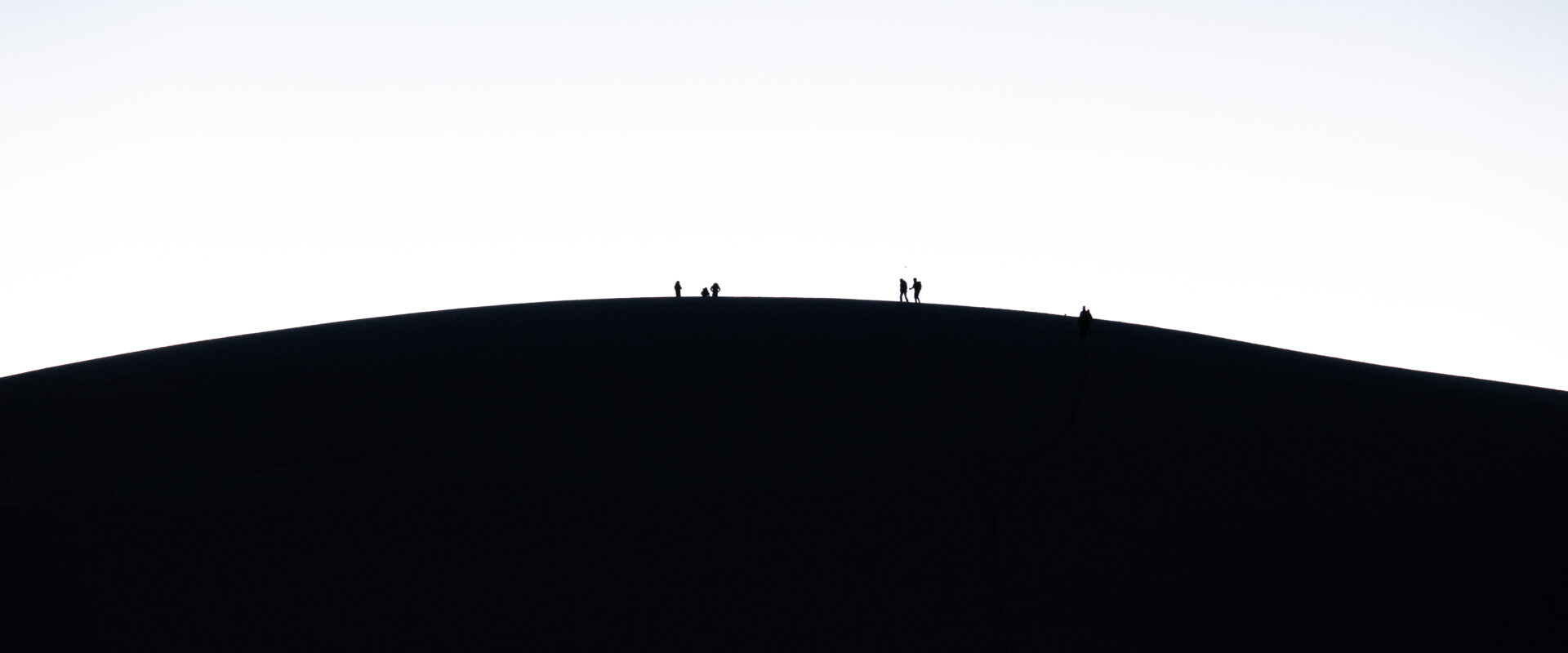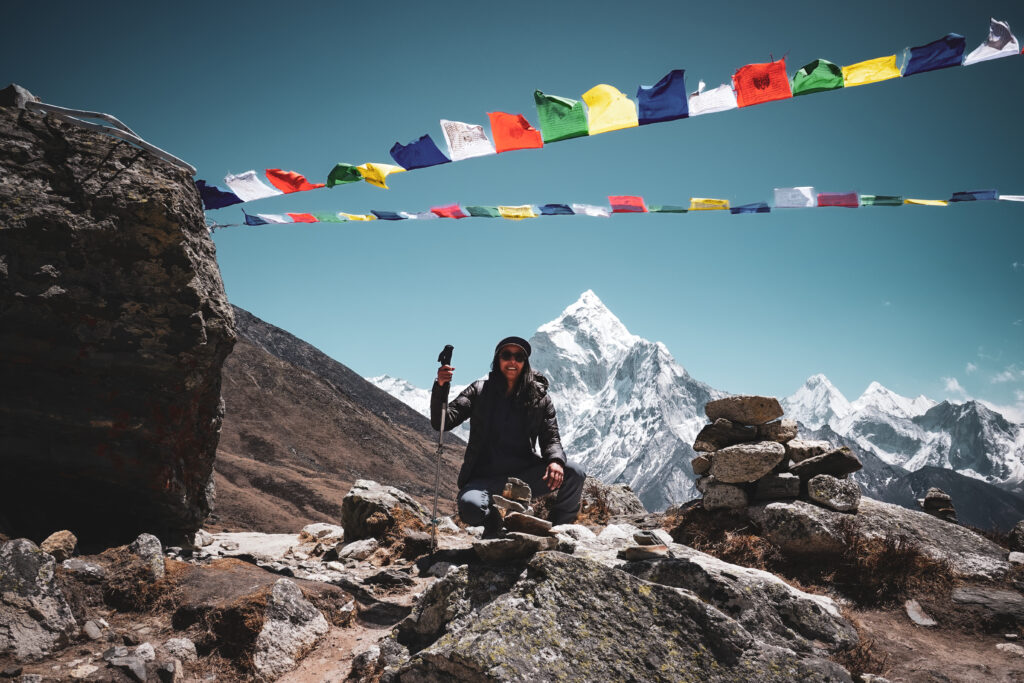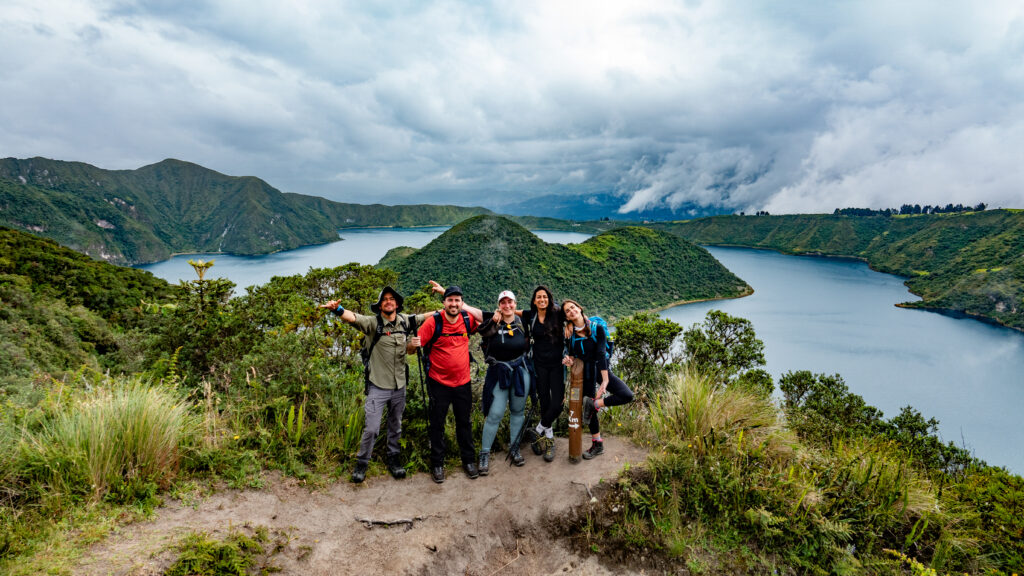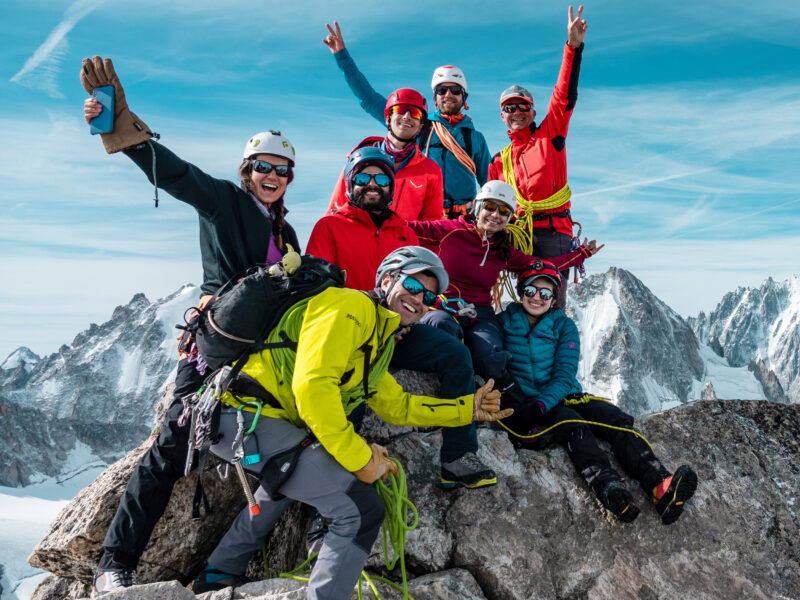BY Rami Rasamny | March 24 2023
Ramadan is a Call to Adventure

Ramadan is the holiest month of the Islamic calendar, observed by Muslims worldwide as a time for fasting, prayer, and reflection. This year’s Ramadan also happens to coincide with Easter and Lent in the Christian tradition, which is also a time of fasting, reflection and rejuvenation. Although both may traditionally be viewed as a time of sacrifice and discipline, we see them as a call to adventure. Here’s why.
The adventurer’s journey is a pattern that can be found in many stories, myths, and legends across cultures and throughout history. It involves a call to adventure, a journey of trials and tribulations, and a return home transformed. The same happens on every climb, every trek and every time we step out of our comfort zone. There’s a decision to take the step outdoors, followed by a facing of physical, mental and spiritual challenge that ultimately culminates in a moment of overcoming, and a return home transformed. In this sense, Ramadan mirrors the classic adventurer’s journey almost identically.
Choosing to Pursue Something Greater

During Ramadan, Muslims receive a call to adventure in the form of a commandment from God to fast from dawn to sunset for the entire month. It is essentially a conscious decision to delay the instant gratification of food in the pursuit of something greater. Like the adventurer choosing to go into the unknown, the choice to fast is no easy step. It means departing from the comforts of familiarity towards a path that requires discipline, patience, and self-control. The fast, like the adventure, is not just about physical deprivation; it is also an opportunity to focus on one’s relationship with God, with the self and with the universe we exist within.
Facing Physical, Mental and Spiritual Challenges

As with the adventurer’s journey, the fast is not without its challenges. The adventurer faces obstacles, steep ascents, and trying weather that tests resolve and pushes the limits. The adventurer is often also considered an outcast of society, pursuing a crazy pipe-dream that few can understand. That too brings enormous family and societal pressures that cannot be discounted. Similarly, Muslims experience hunger, thirst, and fatigue during the fast, as well as social and cultural pressures to conform to non-fasting norms.
But just as the adventurer overcomes challenges and grows stronger in the process, so too do the observant who persevere through the fast. They develop greater empathy and compassion for those who suffer from poverty and hunger, and they learn to rely on the guidance and mercy of a greater power.
Achieving Transformation

Finally, as with the adventurer’s return home, Ramadan culminates in a celebration of renewal and transformation. The fast is broken with a communal meal called iftar, which symbolizes the end of the spiritual journey and the return to daily life. The observant emerges from Ramadan renewed and transformed, with a deeper connection to God and a greater sense of purpose. I challenge you to find an adventurer who wouldn’t echo an identical sentiment, albeit expressed differently.
In this way, Ramadan is essentially a call to adventure. It is a journey of trials and tribulations that culminates in a return home transformed. It is a time of spiritual growth, self-discovery, and community building. Like taking a leap of faith and choosing to go on a great adventure, Ramadan too presents an opportunity to come back different.
Ramadan Kareem. Wishing you and yours a blessed month of transformation.
About The Author
Rami Rasamny is the founder of Life Happens Outdoors, a premium adventure travel community dedicated to transforming lives through curated outdoor experiences. A mountaineer and entrepreneur, Rami has led teams on some of the world’s most challenging peaks, from the Alps to the Himalayas. His mission is to make adventure accessible, transformative, and safe for all who seek to push their limits and Come Back Different.
About Life Happens Outdoors
At Life Happens Outdoors, we believe in the power of nature to transform lives. As proud members of the Adventure Travel Trade Association (ATTA) and the World Travel & Tourism Council (WTTC), our team of certified guides and outdoor professionals is committed to the highest standards of safety, sustainability, and excellence.
Discover more about our story and mission on our Meet LHO page, or explore our curated adventures such as the Tour du Mont Blanc Trek, the Climb of Kilimanjaro, and Chasing the Northern Lights.















